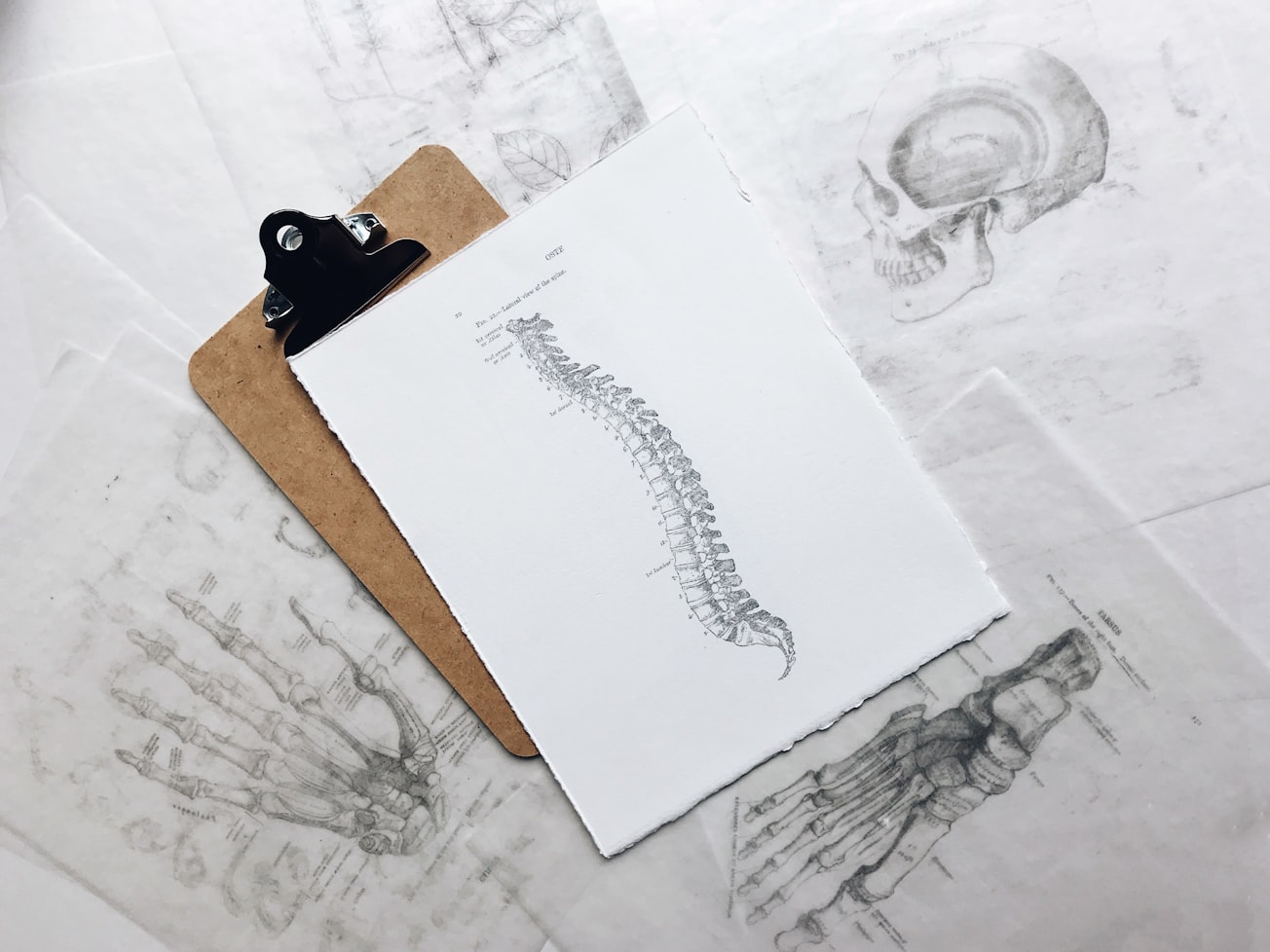What is it about?
Claimants with chronically painful injuries sustained in motor vehicle accidents (MVAs) undergo assessment and management influenced by insurance and medico-legal processes defined by a biomedical paradigm which is discordant with best evidence. We aim to demonstrate the impact of biopsychosocial factors on post-MVA sequelae which contribute to non-recovery. This was a retrospective cohort study of medico-legal documents and reports on 300 consecutive claimants referred to a pain medicine physician over 7 years (2012-2018) for assessment of painful musculoskeletal injuries post-MVA. One hundred data items were extracted from the medico-legal documents and reports for each claimant and entered into an electronic database. Post-MVA sequelae were analysed using chi-square analysis (OR >2) for significant associations with demographic, pre-MVA and post-MVA variables. Factors with significant associations were entered into a logistic regression model to determine significant statistical predictors of post-MVA sequelae contributing to non-recovery.
Featured Image

Photo by Joyce McCown on Unsplash
Why is it important?
The claimants were aged 17 to 80 years (mean age 42 years), and approximately half (53%, n=159) were female. The time from MVA to interview averaged 2.5 years. Widespread pain was present in 18% (n=54), and widespread somatosensory signs implying central sensitisation (OR=9.85, p<.001) was the most significant multivariate association. Long-term opiate use post-MVA (32%) was predicted by pre-MVA sleep disturbance (OR=5.08, p=.001), post-MVA major depressive disorder (MDD) (OR=3.02, p=.003) and long-term unemployment (OR=2.22. p=.007). Approximately half (47%, n=142) required post-MVA support from a psychologist or psychiatrist. Post-traumatic stress disorder (PTSD) was diagnosed by a psychiatrist or psychologist in 20% (n=59), yet early identification of risk of PTSD was rare. Pre-MVA, 89.4% (n=268) were studying or employed. Permanent unemployability post-MVA occurred in 35% (n=104) and was predicted by MDD (OR=3.59, p=.001) and antidepressant use (OR=2.17, p=.005). Major social change post-MVA (70%) was predicted by older age (OR=.966, p=.003), depressive symptoms (OR=3.71, p<.001) and opiate use (OR=2.00, p=.039).
Perspectives
Biomedical factors, including older age, impaired sleep and indicators of widespread central sensitisation, and psychological factors, including stress, anxiety and depression, were the most prominent multivariate associations as statistical predictors of major adverse sequelae contributing to non-recovery for claimants with chronic pain post-MVA.
Dr Aidan Tan
University of Sydney
Read the Original
This page is a summary of: Biopsychosocial sequelae of chronically painful injuries sustained in motor vehicle accidents contributing to non-recovery: a retrospective cohort study, Injury, July 2022, Elsevier,
DOI: 10.1016/j.injury.2022.06.046.
You can read the full text:
Resources
Contributors
The following have contributed to this page







